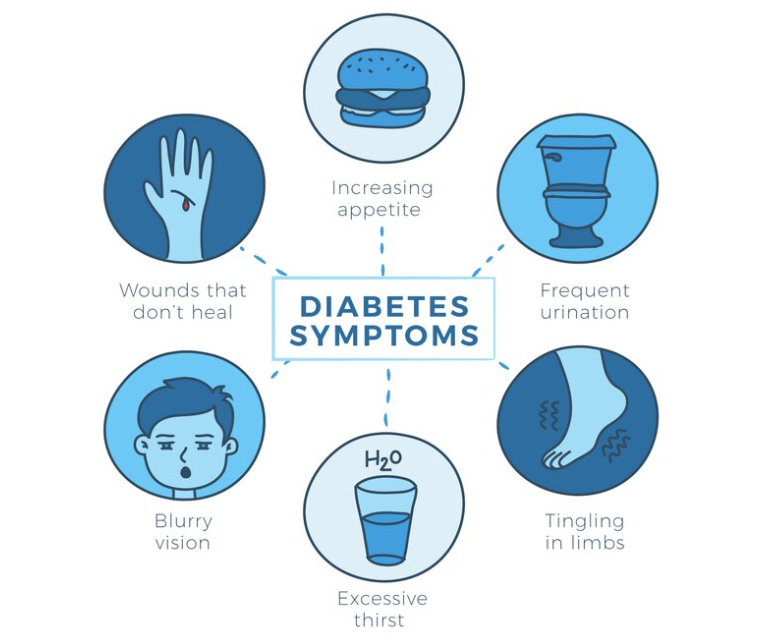
The Role of Hormones in Symptoms and Signs of Diabetic Gangrene: What to Look For
Diabetic gangrene is a serious complication of diabetes, and recognizing its symptoms and signs is crucial for early intervention.
Hormones play a significant role in this condition, affecting factors like blood circulation and immune response.
Let’s delve into the symptoms and signs of diabetic gangrene and understand the role hormones play.
Recognizing Symptoms and Signs
- Persistent Pain: Pain in the feet or legs that persists, even at rest, can be a sign of reduced blood flow and tissue damage.
- Numbness or Tingling: Loss of sensation or tingling sensations in the feet or toes may indicate nerve damage, a common precursor to diabetic gangrene.
- Skin Changes: Skin may appear red, swollen, or discolored, and it may feel warm to the touch. Skin may also become dry, cracked, or develop blisters.
- Ulcers or Sores: Open wounds or ulcers on the feet that do not heal or heal slowly are warning signs of diabetic gangrene. These wounds may also ooze pus or have a foul odor.
- Gangrene: The affected area may develop black or blue discoloration and start to emit a foul odor. Tissue may become necrotic (dead) and slough off.
- Fever or Chills: Infection may cause systemic symptoms like fever, chills, and malaise, indicating a severe condition that requires immediate medical attention.
Understanding the Role of Hormones
Hormonal imbalances, such as fluctuations in insulin and glucagon levels, can contribute to diabetic gangrene by impairing blood circulation and immune function. Proper hormone control and blood sugar management are essential for preventing and managing this complication.
Seeking Prompt Medical Attention
If you experience any of these symptoms or signs of diabetic gangrene, it’s crucial to seek medical attention immediately. Early intervention can prevent further tissue damage and improve outcomes.
Conclusion
Recognizing the symptoms and signs of diabetic gangrene is vital for early intervention and preventing complications. Hormones play a significant role in this condition, highlighting the importance of hormone control and proper diabetes management.
To seek medical advice, always consult a Doctor. Here are our recommended experts. Click Here
To read more on Diabetic gangrene. Click Here


